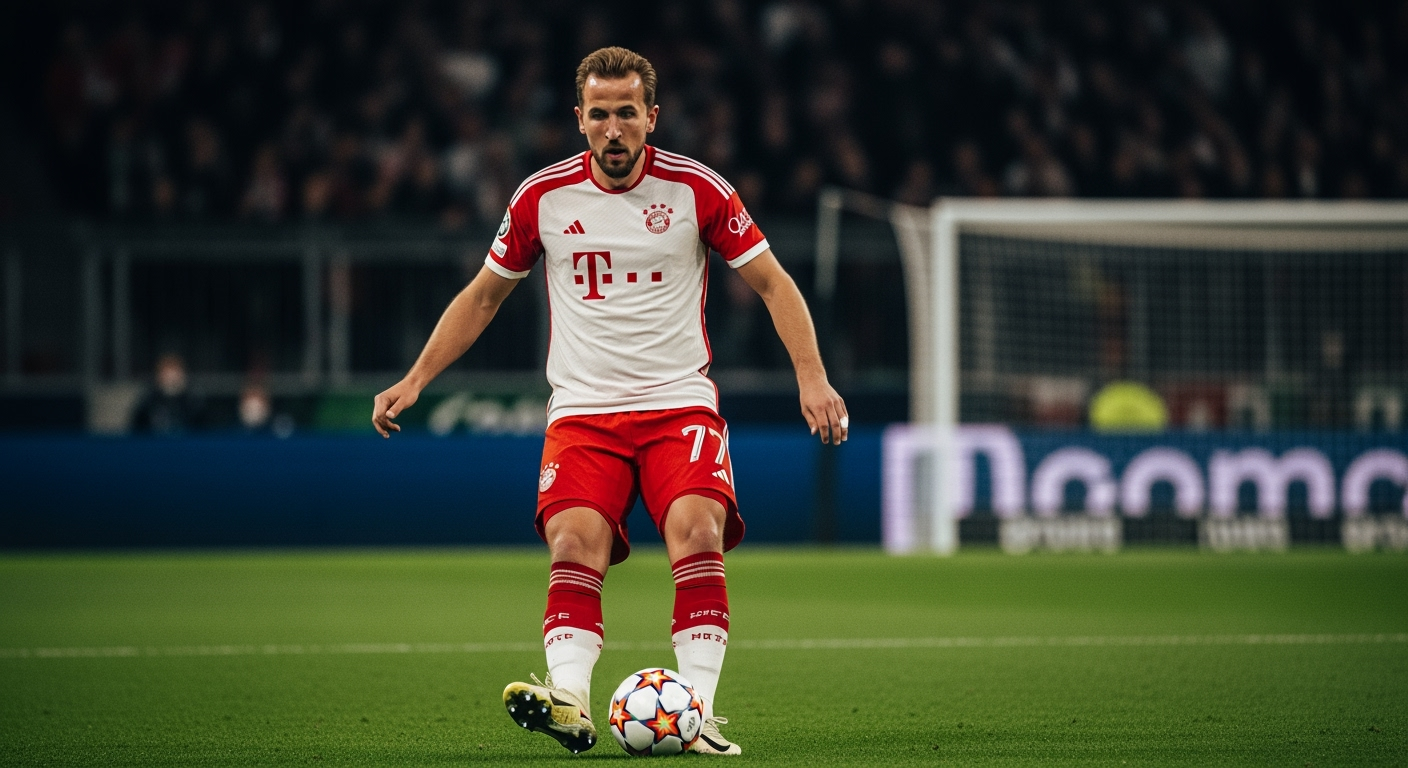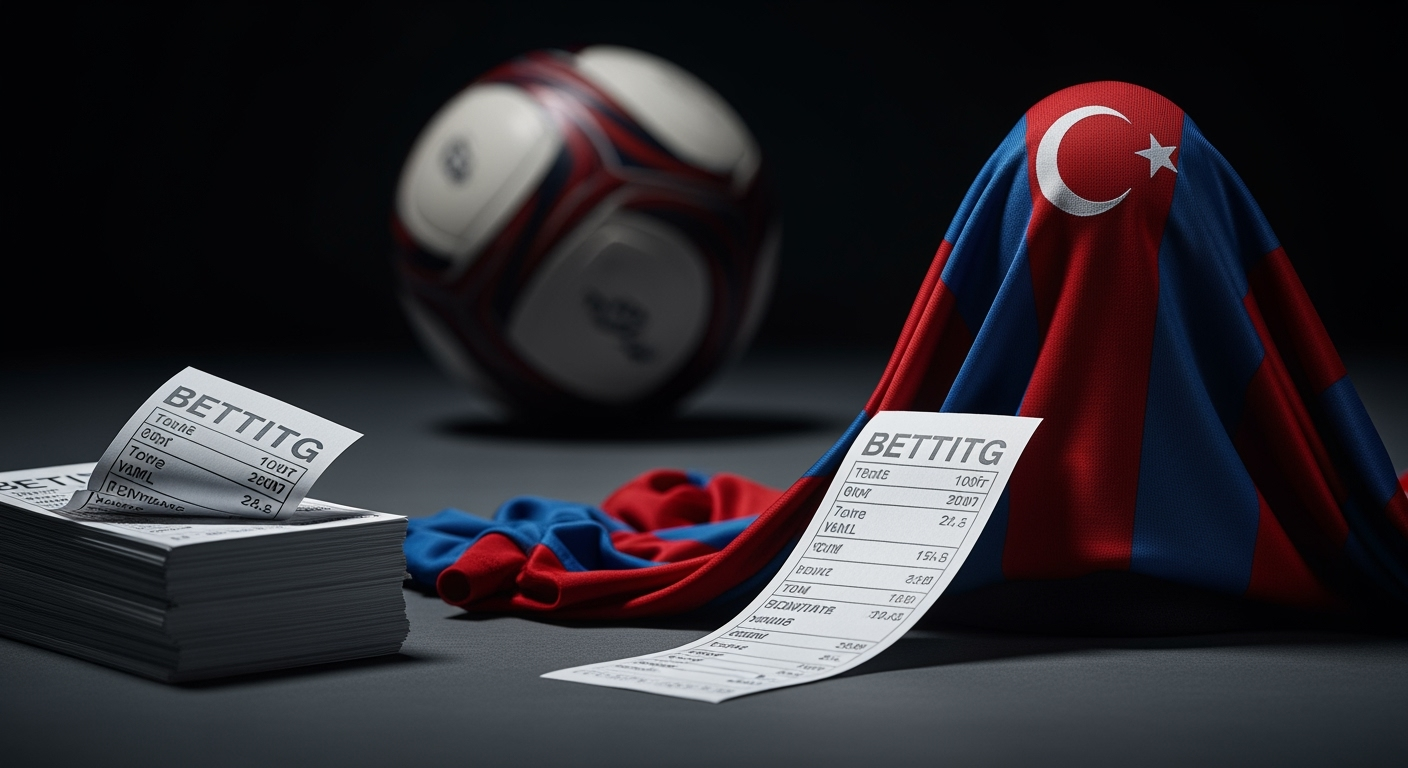Related Articles

Harry Kane: The Unprecedented Goal-Scoring Phenomenon at Bayern Munich

Turkish Football Grapples with Expansive Betting Scandal as Hundreds of Referees Implicated





Germany's national women's football team has achieved a significant milestone, securing their place in the Nations League final for the first time. This sporting triumph arrives hand-in-hand with an unprecedented financial commitment from the German Football Association (DFB), signaling a pivotal moment for the sport's development within the nation. The confluence of athletic success and substantial investment marks a new era, promising to elevate women's football and potentially reshape the landscape of professional sports in Germany.
The German women's squad, led by coach Christian Wück, demonstrated resilience and skill to earn their spot in the highly anticipated Nations League final. Their journey culminated in a decisive 3-1 aggregate victory over formidable opponents France, following a hard-fought 2-2 draw. Key contributions from players like Nicole Anyomi and Klara Bühl underscored the team's depth and attacking prowess throughout the campaign. This upcoming final, a two-legged affair against reigning World Cup champions Spain scheduled for late November and early December, represents a significant step forward for the team, improving on their third-place finish in the 2024 edition of the tournament. Their performance not only showcases current talent but also inspires a new generation of athletes.
The path to the final has been a testament to the strategic development within the German women's football program. While the men's national team also anticipated significant matches, including a UEFA Nations League semi-final against Portugal in June 2025 with captain Joshua Kimmich poised for his 100th appearance, the current spotlight shines brightly on the women's accomplishments. The men's side, under Julian Nagelsmann, had enjoyed a strong run, losing only once in thirteen matches prior to their semi-final, highlighting a broader period of competitive German football across various fronts. However, it is the women's team's consistent progression to their first Nations League final that has particularly captured national attention, positioning them at the forefront of Germany's sporting narrative.
Coinciding with the women's team's competitive breakthrough, the German Football Association has made a groundbreaking announcement: a commitment to the largest single investment in the history of women's football in Germany. This declaration, made public just last week, underscores a strategic shift and a long-term vision for the sport. While specific financial figures for this particular investment have not been detailed, its designation as "largest ever" speaks volumes about the DFB's intent to professionalize, expand, and enhance women's football from grassroots levels to elite competition.
The rationale behind such a substantial investment is multi-faceted. It aims to capitalize on the growing popularity and success of the national team, leveraging their achievements to foster broader engagement and participation. Historically, women's football has often lagged behind the men's game in terms of funding, infrastructure, and media exposure. This investment seeks to rectify these disparities, providing essential resources for player development, coaching education, improved facilities, and enhanced marketing efforts. The DFB's commitment reflects a recognition of women's football not just as a sporting discipline but as a powerful cultural and social force capable of inspiring millions and contributing to national identity.
This historic investment in women's football is not an isolated event but rather part of a larger trend of financial revitalization and strategic planning within German football. Beyond the DFB's specific commitment to the women's game, the broader professional leagues, particularly the Bundesliga, have also been exploring avenues for significant capital injection. In late 2023, the German Football League (DFL), representing the country's first and second-tier professional clubs, agreed to a plan to secure private equity investment. This deal, which aims to attract approximately 1 billion euros of immediate capital, involves exchanging a share of future international TV rights revenues over two decades for the investment.
The motivation for the Bundesliga's pursuit of private equity stems from a desire to boost its international marketing and bridge the significant revenue gap compared to leagues like England's Premier League. While the Bundesliga is globally recognized, its international TV rights deal of approximately 683 million euros over four years pales in comparison to the Premier League's multi-billion euro agreements. The DFL's strategy envisions using this investment to enhance the league's global appeal, including the potential creation of new streaming platforms and improved digital presence. However, this move has also met with resistance from some fan groups, who express concerns about the potential commercialization of the sport and a departure from traditional German football values. This dual approach to investment – direct DFB funding for women's football and private equity for professional men's leagues – illustrates a comprehensive effort to strengthen German football across its diverse components.
The convergence of Germany's women's team reaching the Nations League final and the DFB's substantial investment has profound implications. For women's football, this moment could serve as a catalyst for unprecedented growth. Increased funding is expected to translate into higher quality training programs, better compensation for players, and enhanced professional opportunities, potentially leading to a virtuous cycle of improved performance and increased public interest. The success of the national team on the international stage provides a powerful narrative, attracting new fans and participants, particularly young girls, to the sport.
On a broader scale, these investments reflect a strategic understanding of football's economic and cultural significance. By strengthening both its professional leagues and its national teams, Germany aims to maintain its position as a global football powerhouse. The DFB's focus on women's football aligns with global trends recognizing the untapped potential and commercial viability of the women's game. This holistic approach, combining sporting excellence with targeted financial backing, sets a robust foundation for future success. The outcomes of the upcoming Nations League final and the deployment of these significant investments will be closely watched, as they are poised to write a new chapter in the rich history of German football.